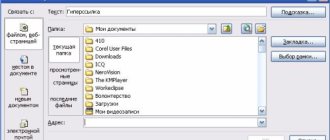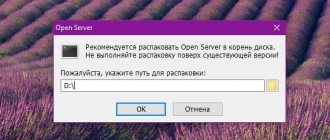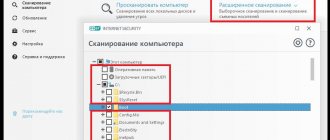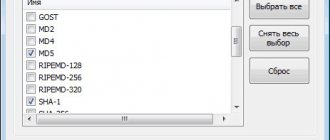What are scam sites?
Fraudulent (phishing) sites are usually created in order to enrich their owners in record time at the expense of the gullibility of other users. Illegal actions in this case are indicated by a call for quick money online “without leaving the couch”, “without leaving home”, “without doing anything”. It's no secret that many people, especially those in difficult financial situations, are really fooled by such dubious offers.
The scammers also offer simple work and ask for an initial payment as a guarantee that the applicant will complete the task given to him. The promise to return this fee after completing the task evaporates along with the scammers. The site itself may close on the same day, and reappear the next day on a different domain. Or they report a big cash win, to receive which you need to confirm your identity by sending an SMS message, as a result of which a certain amount is debited from the user’s account.
Phishing activities are also carried out in order to obtain personal data of users - logins and passwords from other resources, information about bank cards and electronic wallets. Fraudsters create a website that replicates the interface of another resource that is well known to millions of users. Users who do not carefully examine the site enter their account information or secret payment information, after which the resource is either closed or redirected to the official site.
What is phishing?
Phishing is a type of Internet fraud whose goal is to obtain the user’s personal data. “Fraudsters mislead users by giving them a fake website, that is, a page that looks like a reliable resource, but where you need to enter your username and password. And so they steal them,” Mark Risher, a leading security expert at Google, told
Phishing can occur through emails, online advertisements, or fake sites that mimic resources popular with Internet users.
In the future, the data obtained can be resold and used, for example, for advertising calls. But this is not the worst thing. A prime example of phishing is emails purporting to be sent by the user's bank. In them, scammers will ask you to confirm your account number. The transfer of personal data in this case may result in the theft of money.
Article on the topic
Application with a double bottom. What programs steal our data and money Also, attackers often copy the websites of popular online stores, especially on the eve of various promotions and discounts. The purpose of such activity may be the sale of counterfeit goods, theft of money or bank card data from users.
Several other possible scam options include calls asking for a bank card number in order to transfer the “winnings,” and a code from an SMS message that supposedly confirms the sending of money, as well as requests to enter payment information on phishing sites to verify the “winnings.”
Phishing can be both mass and targeted, i.e. personal. According to Mark Richer, hackers can study a specific user, collect information about him (presumably from social networks), and then give him the most plausible page on which he would leave his personal data.
What to do to protect yourself
To prevent scammers from using your data or money, first of all, carefully look at what resources you visit. If the site is familiar to you, check to see if the page actually looks normal before entering any information. Pay attention to whether there are errors in the name, web address or content - their presence indicates that you are most likely scammed. Also do the following yourself:
- Look for information about the resource in search engines - their absence speaks for itself;
- Pay attention to the name of the domain on which the resource is located - phishing sites rarely use national addresses, since they are difficult to purchase, and besides, this is a paid service;
- Even if a site ranks at the top of search results, this does not guarantee your safety, since scammers can simply inflate user requests.
Phishing site in the top Google results
Never follow links contained in emails or messages on social networks, even if they came from a user you know well - scammers can hack your account and send “chain letters” to all your friends.
Of course, the above steps will help users independently identify fraudulent activities of site owners, but it is better to use special services. Using the latter, you can check a site for fraud online and get detailed information about the date of its appearance, domain and IP, reputation and other important information.
There are various online services for checking websites. Let's look at some of them.
Conclusions and results
Do not rush to part with your money, even if you really liked the author and his course.
Check it for fraud on the same https://www.baxov.net/ and if everything is ok there, then analyze the points that I gave at the beginning of the article: tits, domain history, are there any inconsistencies, try writing to the author with some then with a question about the course, check whether it will be possible to communicate via Skype or Viber in case of any difficulties or misunderstandings.
A sane author always provides technical support, has a normal website, blog or a developed group on social networks.
Remember that the more courses of logic, real knowledge and specific actions in advertising + the less emotions, promises and enthusiasm, the greater the chance that you will receive a product that will really help you master this or that way of earning money and successfully develop in your business.
Share information -
Tell your friends and family about this article so that they are aware, can quickly check the site for trust and fraud, and do not give their last money to scammers.
Good luck and may you never deal with scammers.
Helpful advice:
Pressing the "WIN + D" keys allows you to quickly hide the current windows and go to the Windows desktop.
Blog – Sergei Arsentiev











